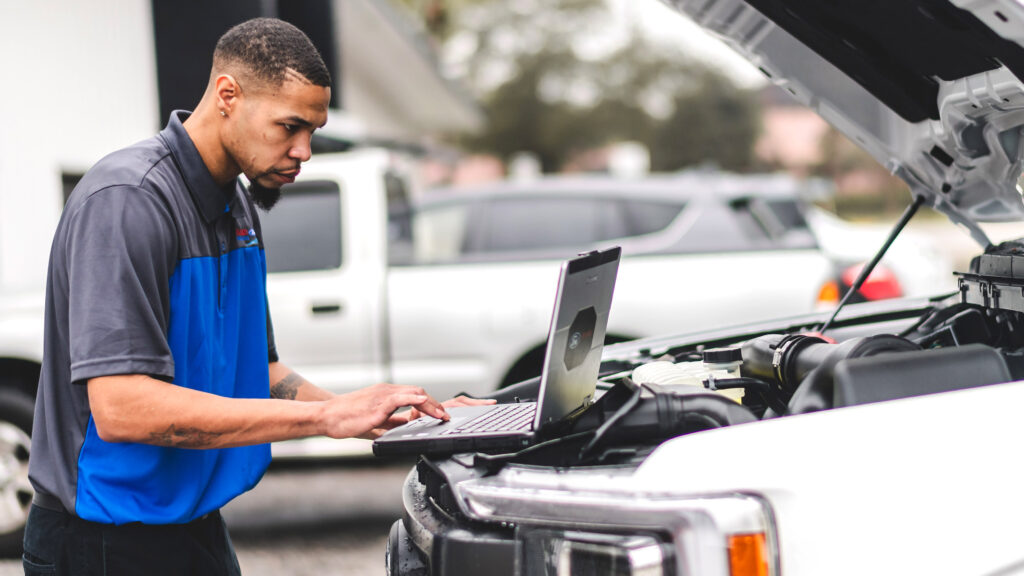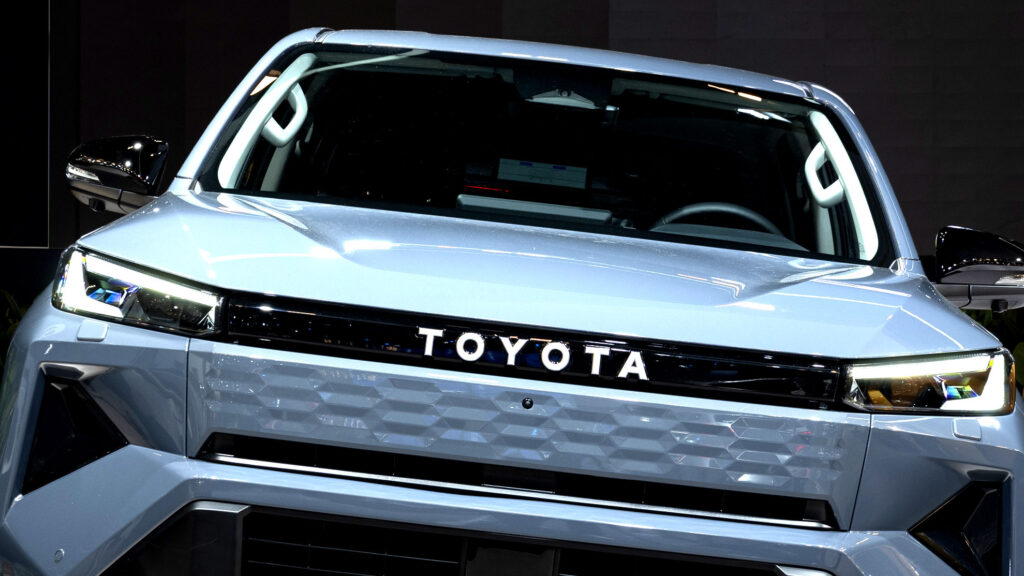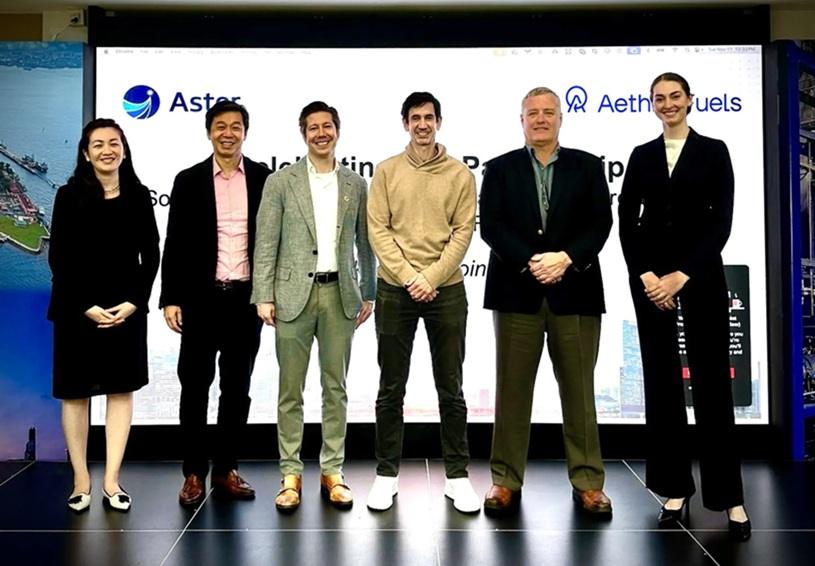The transition to electric boats in New England's aquaculture sector is not just a trend; it represents a critical shift towards sustainability in an industry heavily reliant on fossil fuels. As marine construction business owner Chad Strater and oyster farmer Willy Leathers demonstrate, electric workboats are emerging as cleaner, quieter alternatives to traditional petroleum-powered vessels that dominate Maine's extensive coastline. This shift is driven by both environmental necessity and community relations, as operators seek to minimize their ecological footprint while enhancing their operational efficiency. The adoption of electric propulsion is particularly significant given that oil-powered motors are among the largest contributors to greenhouse gas emissions in Maine's multibillion-dollar seafood sector, highlighting the urgent need for innovation in this area.
The implications of this electrification extend beyond individual operations; they signal a broader movement towards decarbonizing the marine economy. While the initial costs of electric boats pose a barrier, early adopters like Strater and Leathers are paving the way for future investments and infrastructure development. Their collaboration with organizations such as the Island Institute and Coastal Enterprises Inc. aims to establish a sustainable financial model for electric propulsion, including innovative loan programs to mitigate upfront costs. As they gather performance data and share their experiences, the hope is to create a compelling business case that encourages wider adoption across the aquaculture industry. However, the success of this transition hinges on overcoming challenges related to charging infrastructure and grid capacity, which are critical for supporting a larger fleet of electric vessels in the region.









